
OR
CIAA asks the government to charge dedicated feeder bills based on the real time use
Published On: August 20, 2020 10:10 PM NPT By: Republica | @RepublicaNepal
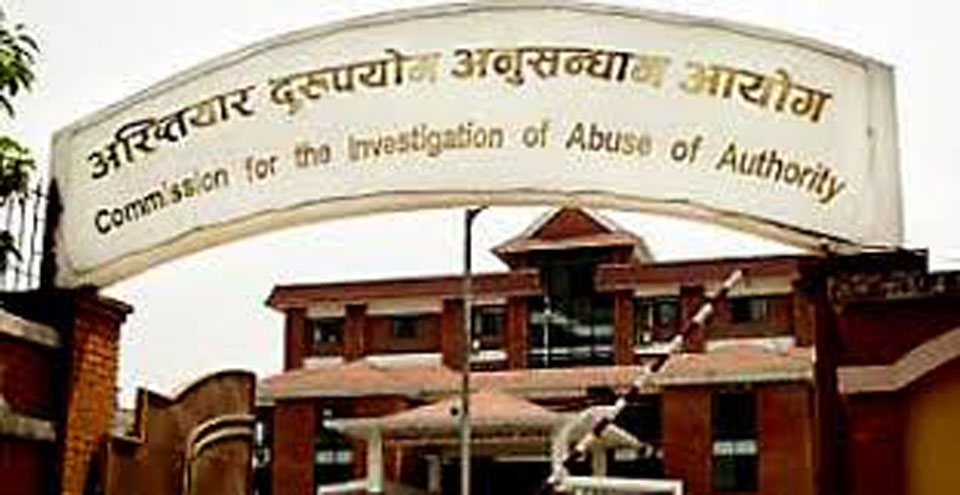
KATHMANDU, Aug 20: In an attempt to give a way out for the long standing controversy of the dedicated feeder charge, the Commission for the Investigation of Abuse of Authority (CIAA) has directed the Ministry of Energy, Water Resources and Irrigation to charge the industries with the premium fee only on the basis of the Time of Day (ToD) metering.
ToD is a system in which the electricity users are segregated as per the tariff slots where higher rates are charged at peak load periods and low electricity rates are charged for off-peak load periods. The new development is expected to resolve the issue as the anti-graft body has come up with the direction in the line of the industrialists’ demands.
With the provision, the Nepal Electricity Authority (NEA) now needs to consider the ToD metering record to charge only the actual beneficiaries of the special scheme provided by the power-utility. The NEA had maintained the guideline that the industries being supplied with at least 20 hours of electricity during the loadshedding hour of a minimum of 6 hours a day, needed to pay with the premium charges on dedicated feeders and trunk lines.
Tara Nath Adhikari, spokesperson of the CIAA, confirmed that the anti-graft body sent a letter to the ministry, the NEA and the Electricity Regulatory Commission (ERC), suggesting that NEA charge only on the basis of the ToD. “The CIAA’s decision is similar to that of the Supreme Court, two years ago, giving its verdict on the case filed by Shivam Cement regarding the premium charge,” Adhikari said.
According to the NEA, the outstanding due of more than 200 industries amounts to more than Rs 10 billion. However, the industrialists have been blaming the state-owned power utility for billing them ‘illegally’ for the period since 2016/17 for using regular electricity supply through dedicated feeders and trunk lines when the electricity supply was normalized.
Earlier on August 9, the government had decided to waive the charge for the use of electricity through dedicated feeders and trunk lines of eight and a half months out of the total dues under the heading. With the decision, the industrialists were supposed to settle the dues of only 28 months and 11 days, which they refuse to pay.
The government has now given full charge to the ERC to resolve the issue. Nutan Prakash Sharma, information officer of the ERC, said that the Commission has started a study of the issue after the government handed over the case, following a report of the parliamentary panel.
You May Like This
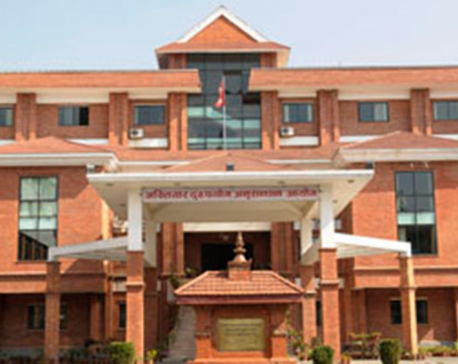
CIAA expels 11 experts of suspended CIAA Chief
KATHMANDU, Oct 25: The Commission for the Investigation of Abuse of Authority (CIAA) has relieved 11 experts of suspended CIAA... Read More...
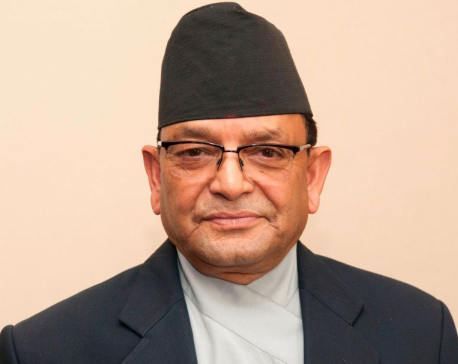
Basnyat appointed CIAA acting chief
KATHMANDU, Oct 20: Deep Basnyat, Commissioner of the Commission for the Investigation of Abuse of Authority (CIAA), now works as... Read More...

CIAA chief dillydallys over SC notice
KATHMANDU, Aug 5: Commission for Investigation of Abuse of Authority (CIAA) chief Lok Man Singh Karki has been dillydallying over... Read More...







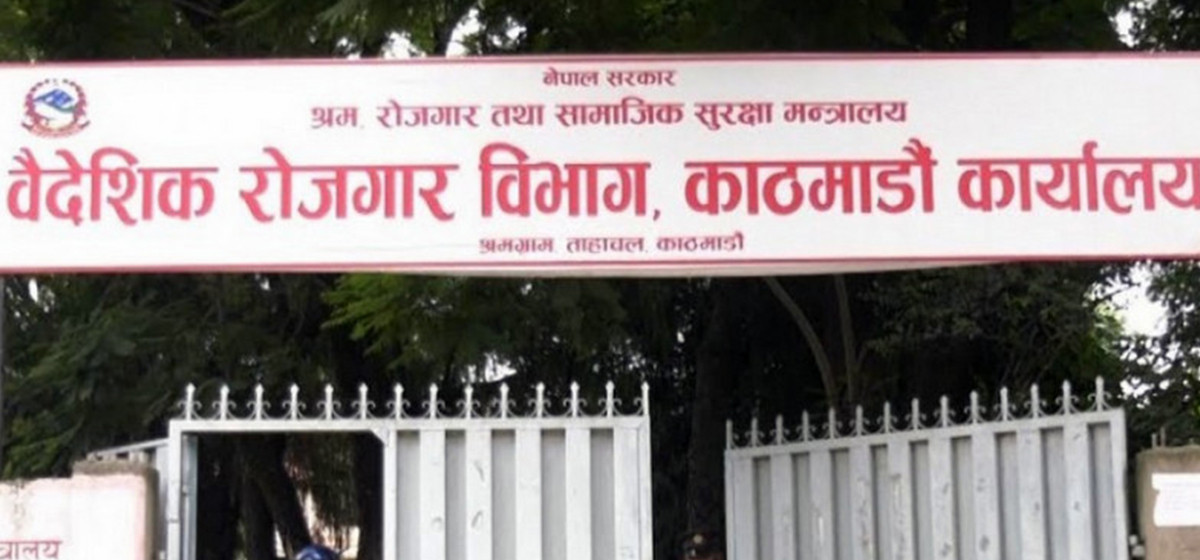
Just In
- ‘Precast' technology introduced in the construction of bridges along Muglin-Pokhara road
- Leopard attack injures young man in Kanchanpur
- SC rejects writ petition filed against Home Minister Lamichhane
- Nepal and China sign two agreements in the presence of Finance Minister Pun
- Pun released on bail in Supreme Cooperative fraud case
- Govt should not look for enforcing populist budget for next FY: Former finance ministers
- DoFE requests relevant parties to provide essential facilities to foreign workers traveling abroad
- Foundation stone laid for building a school in Darchula with Indian financial assistance










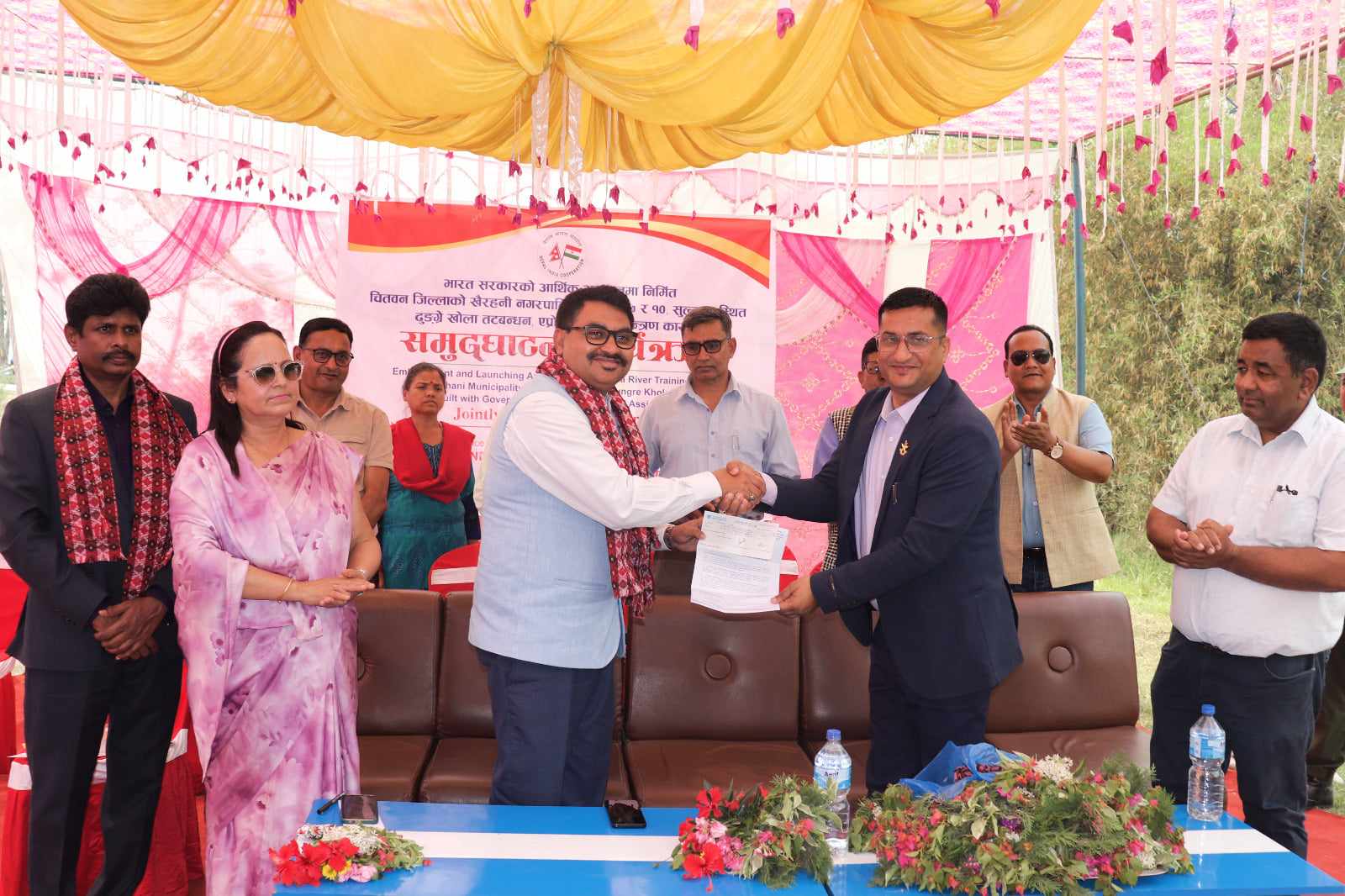
Leave A Comment